
Appeals court keeps Trump's anti-trans military ban blocked for now
The Ninth Circuit rejects DOJ's request for an immediate administrative stay. Also: SCOTUS addresses a religion claim — and you can guess the likely outcome.
The U.S. Court of Appeals for the Ninth Circuit, on a 3-0 vote, rejected the Trump administration’s request to immediately allow it to enforce its anti-transgender military ban.
The Justice Department had asked the appeals court to put a district court ruling against the policy on hold — by issuing an administrative stay — while the appeals court considers DOJ’s request for a stay of U.S. District Judge Benjamin Settle’s preliminary injunction during DOJ’s appeal.
The three-judge panel on Monday rejected that request while noting that briefing will continue on DOJ’s request for a stay pending the appeal.
Judges Wallace Tashima (Clinton), John Owens (Obama), and Roopali Desai (Biden) — all Democratic appointees — rejected the request with a citation to a prior ruling denying a similar request where “the status quo would be disrupted by granting the temporary stay request.“
Because this is only a ruling on the request for an administrative stay and not on DOJ’s request for a stay pending appeal, it would be very unusual to try to immediately go to the Supreme Court. (Not that that would stop this iteration of DOJ, but it would — I think — significantly reduce the likelihood of success should they do so.)
Catholic Charities goes to a very sympathetic SCOTUS
A strong majority of the U.S. Supreme Court appeared ready on Monday to side with Catholic Charities Bureau, Inc. in its challenge to Wisconsin decision that the group did not qualify for a religious exemption from the state’s unemployment compensation tax.
The court’s conservatives have long been receptive to what I’ve referred to as “religious supremacy” arguments. The case at the center of Monday’s arguments — depending on how the case is resolved — could expand that significantly.
In order to side with Catholic Charities, the court would have to hold that the interpretation of both Wisconsin’s executive branch and judicial branch of their state law was unconstitutional under the U.S. Constitution or wrong as a matter of statutory interpretation (or both).
The question before the justices was whether the Wisconsin Supreme Court’s interpretation of the exemption — which, in relevant part, allows entities that are "operated primarily for religious purposes" to opt out of the unemployment tax — restricts the religious rights of Catholic Charities. (Under the exemption, not at issue here, the entity also must be "operated, supervised, controlled, or principally supported by a church or convention or association of churches.")
Ultimately, the state court held that “both activities and motivations must be considered” in drawing that conclusion because of the language of the statute — and concluded that “an examination of an organization's activities lends itself to an objective inquiry that does not lead us into a First Amendment quagmire.“
While Justice Ketanji Brown Jackson appeared to be the strongest backer of Wisconsin’s defense of its program and the decision of the Wisconsin Supreme Court, the move from a different Democratic appointee could prove pivotal.
Given the lopsided nature of the court — and the significant question of the scope of the decision — a key matter coming out of the 100-minute arguments is who is assigned to write the majority opinion.
As arguments moved forward, it looked increasingly likely that Justice Elena Kagan was making a move to find some middle ground — and, potentially, get assigned the opinion. At a point in the latter half of the argument, when Colin Roth from the Wisconsin Attorney General’s office was up, Kagan dove in hard:
Kagan later reiterated this argument, telling Wisconsin’s lawyer, “I thought it was pretty fundamental that we don't treat some religions better than other religions. And we certainly don't do it based on the content of the religious doctrine that those religions preach.”
If Kagan is assigned the opinion, she could work to craft an opinion that will narrowly address the facts of the case and avoid sweeping pronouncements about constitutional law. (Alternatively, if Justice Neil Gorsuch or Sam Alito are given the opinion and overstep with an overly aggressive “religious supremacy” opinion, Kagan could try to peel off votes with a concurrence — or a concurrence in judgment — that either becomes the majority or prevents the other opinion from keeping a majority.)
In short, Catholic Charities was almost certainly going to win on Monday. As soon as that became clear, Kagan appeared to be looking for a way to minimize the damage.





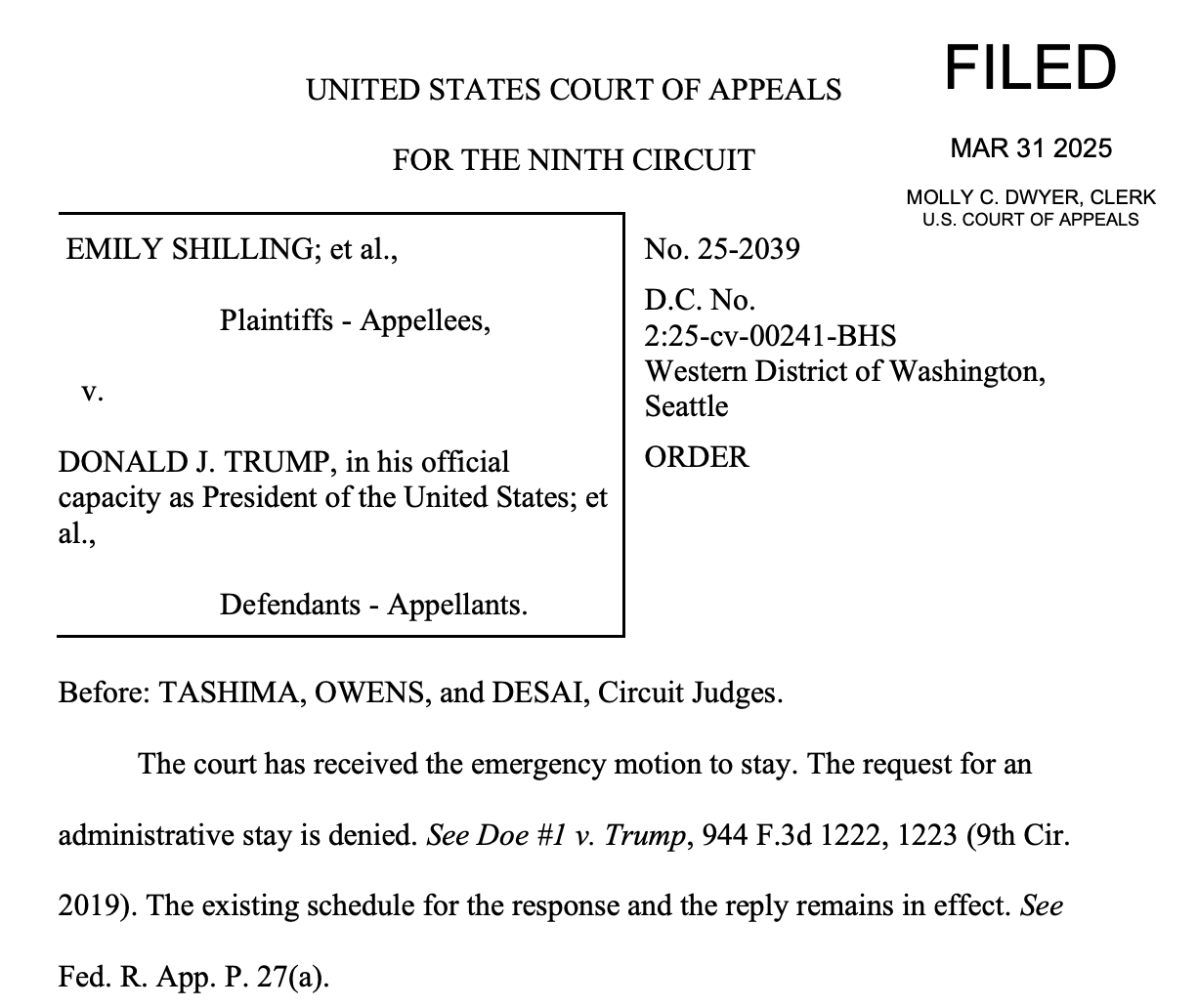
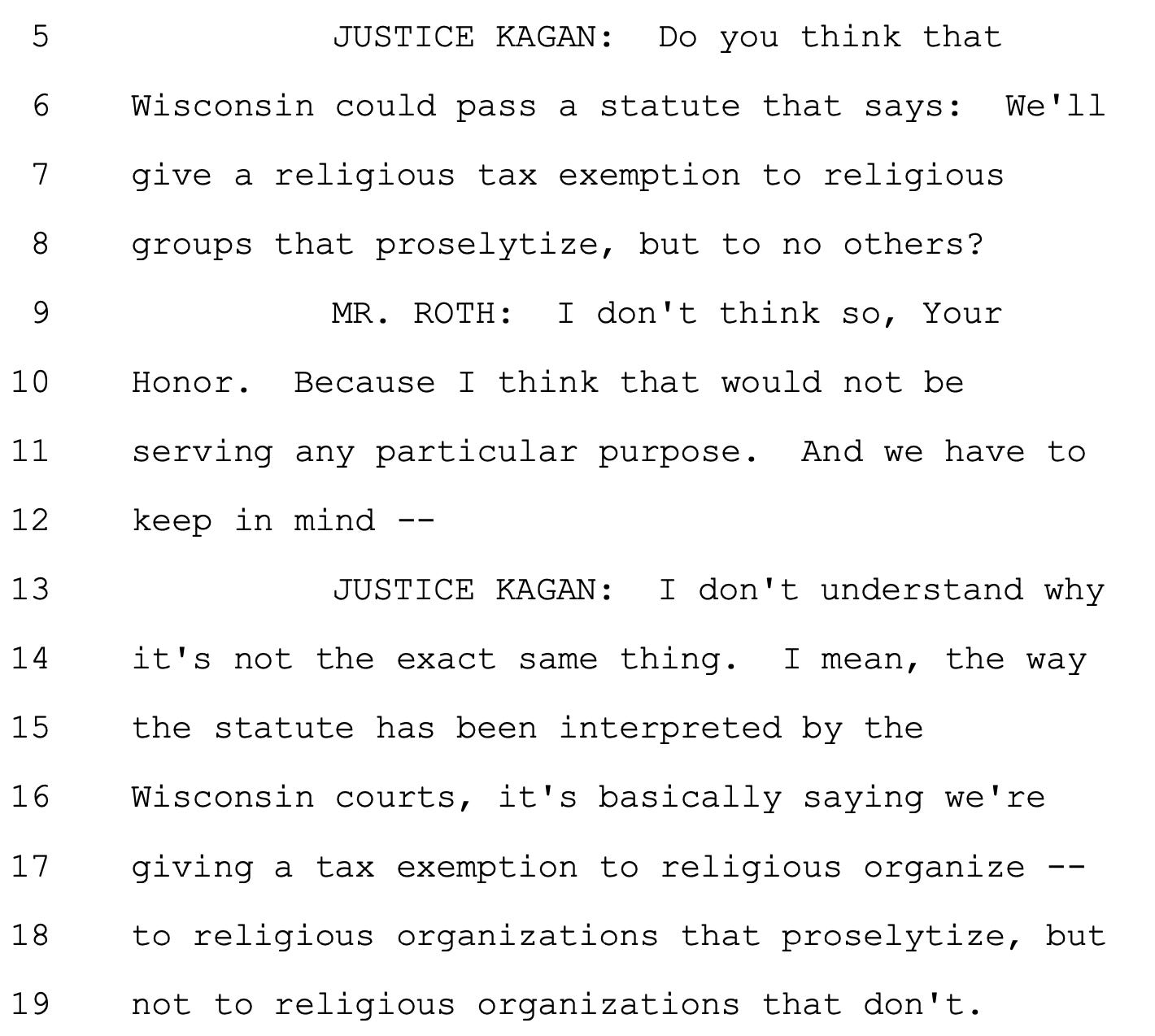





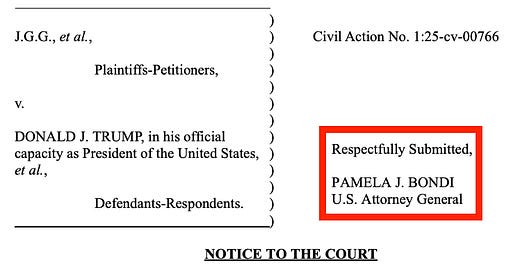

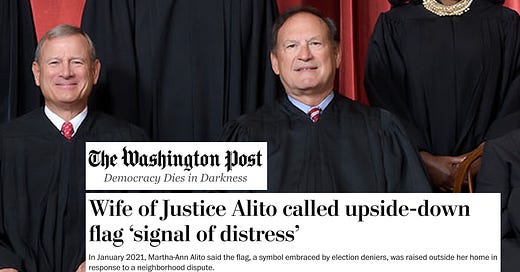

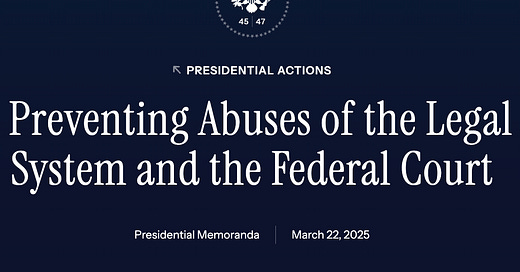

Trump/Vance/Musk aren’t incompetent or unqualified. They would only be those things if we thought they were trying to build and create and strengthen our country, our people, our economy, and our standing in the world.
It also isn’t just greed and making the wealthy wealthier and privatizing everything. They don’t know how to operate any business model or corporation successfully and they aren’t trying to here.
Their primary objective is our utter destruction. The chaos and destruction is the point. The American people and our democracy and freedom loving allies are their enemy. Trump and Putin have waged war on the USA and started WWIII. They are working together to create an authoritarian and kleptocratic new world order run by the crime bosses, morally bankrupt, craven, greedy, lying, cheating thief’s, rapists, and traitors.
If we understand this is Trump/Musk/Vance/Putin’s true goal, then they are achieving exactly what they intended. When we discount Trump/Musk/Vance and their fellow traitors as incompetent or unqualified - we fail to see the grave existential threat that we face. Their intention is our annihilation. Their ultimate goal is to wipe democracy off the face of the earth. They work with Putin and other right wing and authoritarian leaders in Hungary, Israel, Venezuela, North Korea, Turkey, El Salvador, etc…
the Catholic case--it seemed that much of the "you can't tax a church" questions really dealt with the apparent fact that the particular Catholic-based service here didn't "proselytize." How big a difference does or should that make?